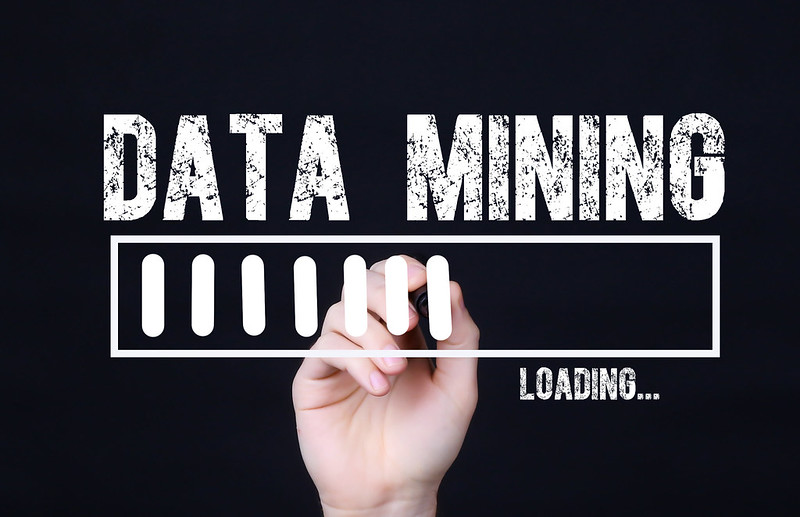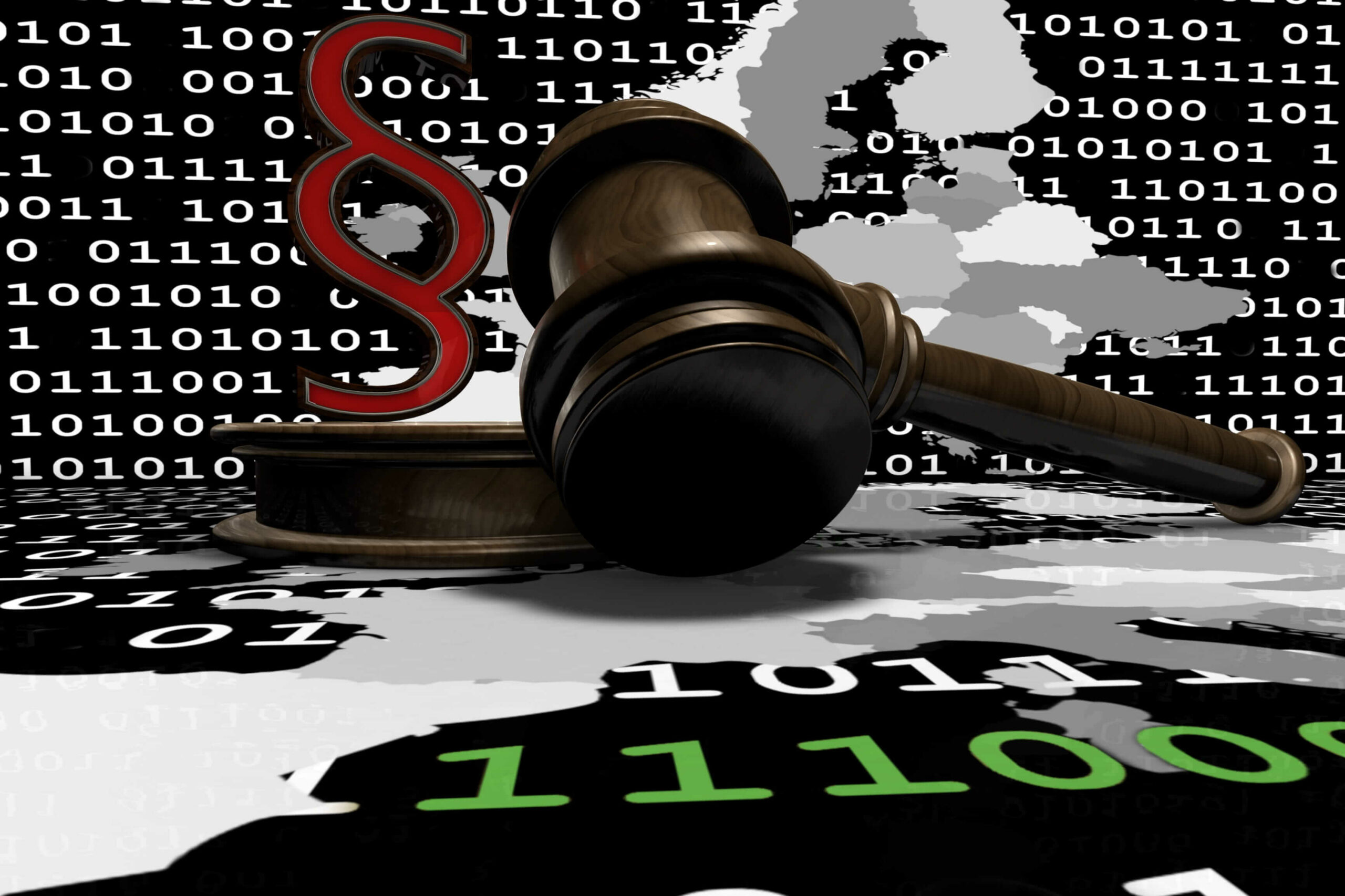Experts note that data mining is becoming increasingly popular worldwide. For example, GlobeNewswire states that the global market of web data extraction software will rise by more than 13% annually by at least 2030. Specialists explain such an intensive development because of active e-commerce sector growth. Online business holders mine data to analyze their regular customers’ behavior and better understand TA’s needs generally.

There are plenty of different myths about web data extraction, though. Mostly, such misconceptions appear because entrepreneurs order online information mining from dubious IT companies. Such agencies frequently don’t have skilled professionals. Therefore, they’re forced to excuse their inability to create qualitative data-collecting bots by coming up with various mythical reasons. So, let’s figure out which of these misconceptions are close to the truth and which are false.
Myth #1: Web Data Extraction Is Illegal

Several legal features should be considered as a part of information mining. Trustworthy IT agencies (like Nannostomus) typically pay special attention to such peculiarities. So, consumers should worry about web scraping legality only if they cooperate with unchecked companies.
What Acts Regulate Data Collection
There are no clear laws on online information mining. Thus, web data extractors typically follow common international rules based on GDPR, CPRA, and CCPA. Additionally, it’s also necessary to abide by local laws.
So, Web Scrapers Work in a Grey Area of Law?
That’s partially right for undeveloped countries if we talk only about international legislation. Such states have their own local laws defending citizen privacy, though. So, web scrapers follow regional legislation when making bots.
Myth #2: Data Mining Is Hacking

As in the previous chapter, that depends on an IT company qualification. Experienced professionals always consider websites’ capacities. If data extractors collect information from huge marketplaces, such as Amazon or eBay, they’ll unlikely harm those sites even if they send loads of queries with a high frequency. But it’s necessary to work much more carefully with small platforms like ordinary e-stores. That’s because such websites may fail due to numerous queries sent.
On the other hand, dubious web scrapers often don’t take into account the mentioned things. As a result, sites from where information is collected may be crashed. And this is considered a DDoS attack. So, you will be regarded as a hacker in such a case.
Myth #3: Web Data Extraction Means Stealing Information

This definitely isn’t right. Reputable web scrapers never collect prohibited information. Moreover, reliable IT companies always give their clients recommendations on properly using the collected info. This helps avoid issues with copyright and search engine site blocking. Let’s talk about that in more detail.
What Is Copyrighted Data?
Such information is entirely or partially prohibited from usage by third parties. In the first case, you can’t employ copyrighted data in any way. This content group, e.g., includes paid images, videos, reference materials, and statistical reports. However, some websites offer a free version of their paid content. For instance, these may be pictures with watermarks (corporate logos, domains, etc.).
Partially prohibited copyrighted data means, e.g., that you can use some short quotations from a certain article or publish images of a limited resolution noting their creators’ names. Analysts may also base their research on such information. In this case, it’s important to avoid taking data from your competitors’ platforms.
Private Information Features
Scraping this data type may lead to the appearance of serious problems with the law. So, it’s better not to collect the people’s following personal details:
- first and second names, ages, addresses, etc.;
- genders, religious beliefs, sexual orientation, and so on;
- social media account contacts, phone numbers, or emails;
- personal videos and photos.
In some countries, you can mine the information about consumers’ preferences, locations, etc., though.
Copyright-Free Web Data Extraction
Such information may be employed in any way. Thus, you can copy and edit the mentioned content. However, it’s necessary to carefully read the terms and conditions of platforms proposing copyright-free data. Sometimes, such sites require noting content authors, don’t allow using information for commercial purposes, etc.
Final Thoughts

There are numerous misconceptions about web data extraction. And such myths frequently scare away ordinary business owners from ordering services of online information mining. As a result, such entrepreneurs lose an incredibly helpful tool to make them even more competitive.
These misconceptions are usually created by unskilled web scrapers, though. So, you should just consult with proficient specialists (for example, at nannostomus.com) to dispel those myths and discover all the benefits of web data extraction.



